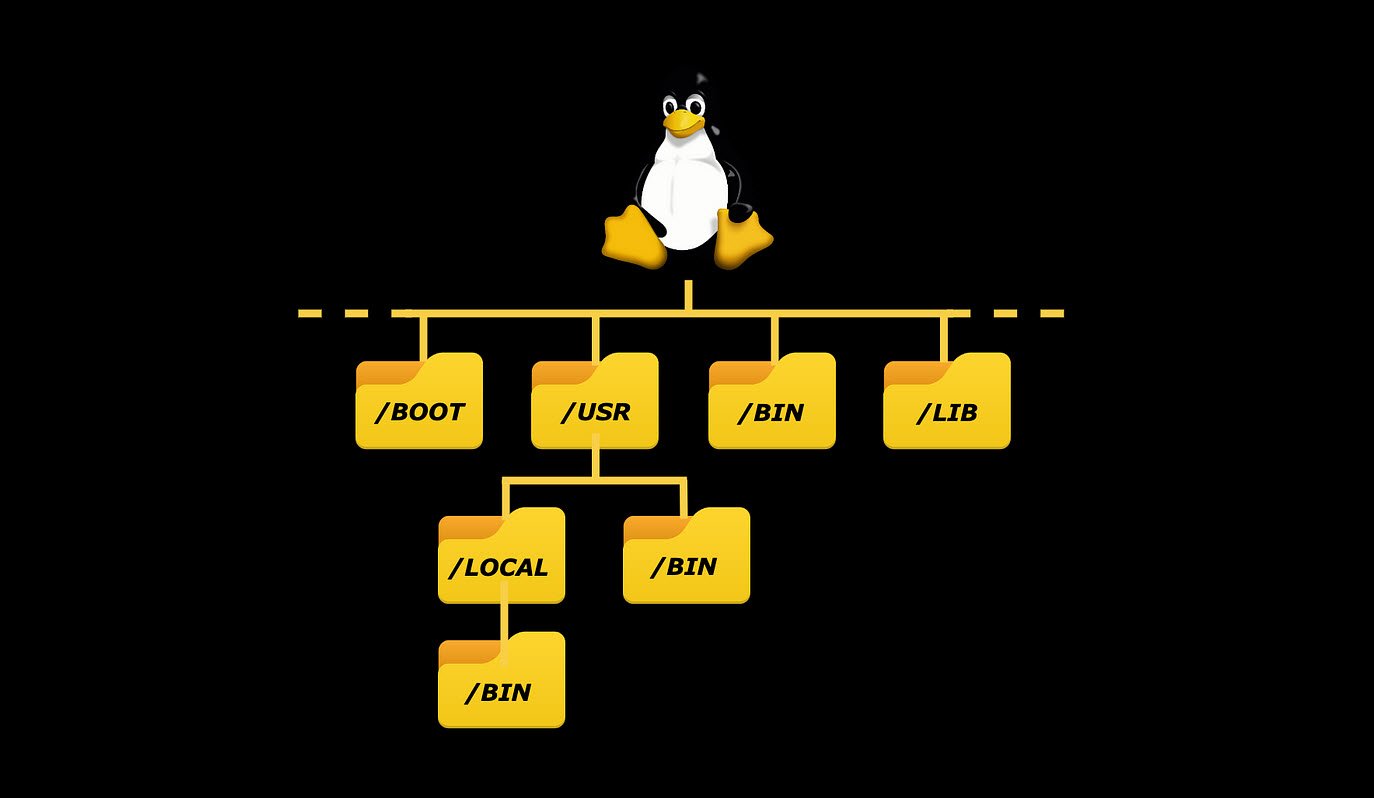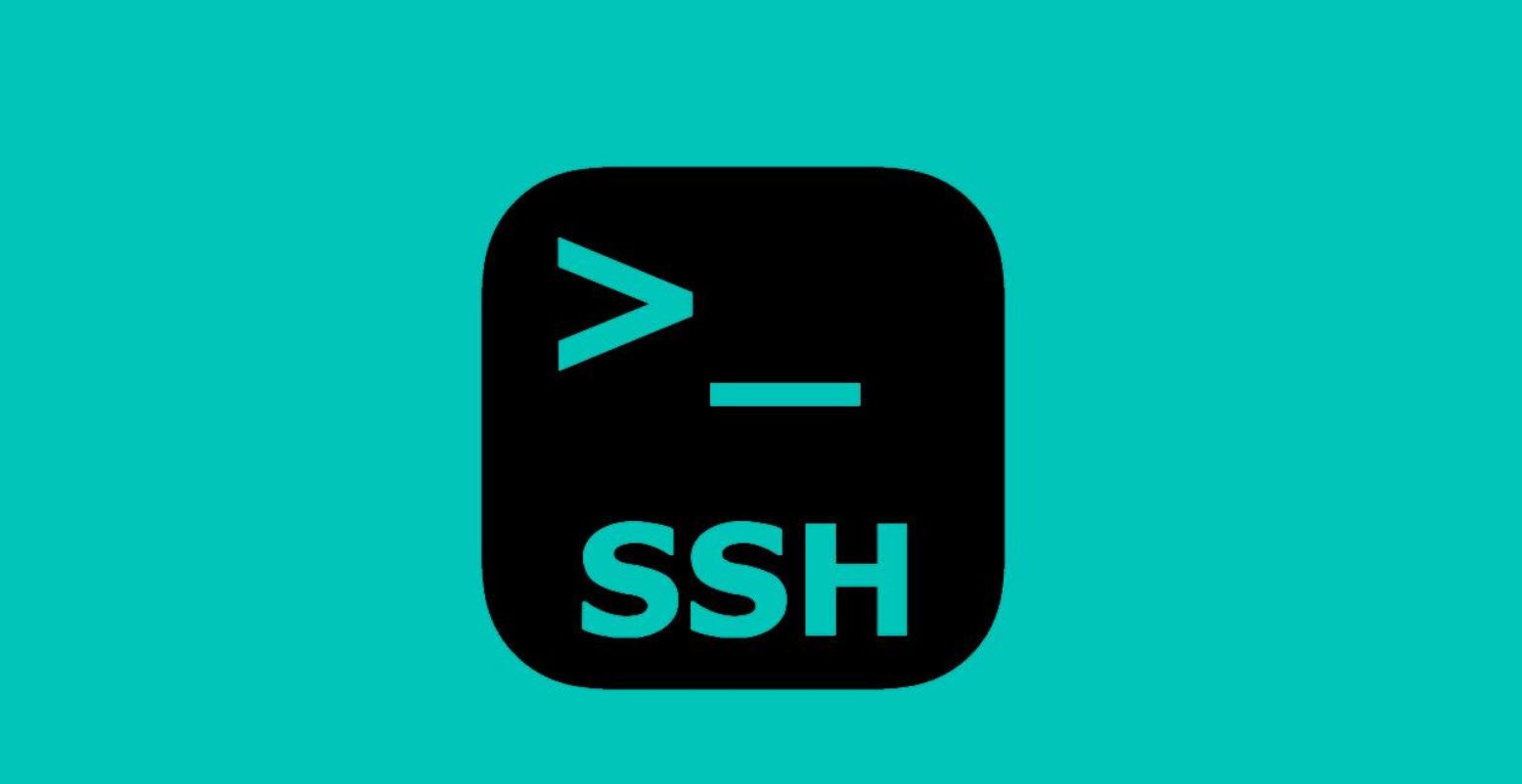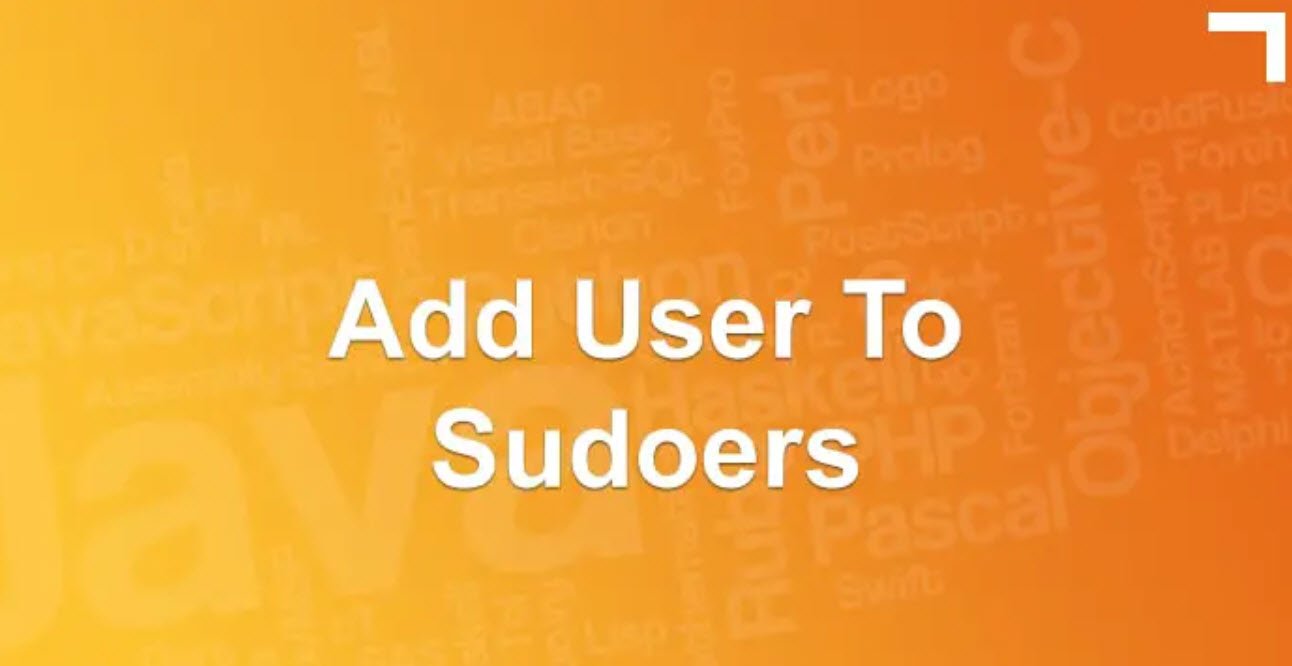
Linux, an open-source operating system, has emerged as a powerful force in the world of computing. With its robust and versatile nature, Linux has become a preferred choice for a wide range of applications, from personal computers to servers, embedded systems, and even supercomputers.
In this article, we will explore the key features that make Linux stand out among other operating systems.
1. Detecting and preparing hardware:
One of Linux’s core strengths lies in its ability to detect and prepare hardware components during the boot process. When a computer powered by Linux starts up, the operating system identifies and loads the necessary software drivers and modules required to access each hardware device effectively. This feature ensures seamless hardware compatibility and smooth system operation.
2. Managing processes:
Linux excels in managing multiple processes running concurrently on a system. It efficiently allocates CPU resources to processes, ensuring optimal performance. Linux offers various tools and commands to start, stop, and monitor processes, granting users extensive control over their system’s execution environment.
3. Managing memory:
Efficient memory management is critical for system performance, and Linux provides robust mechanisms for allocating and managing memory resources. The operating system handles requests for memory from applications, deciding how to allocate RAM and swap space effectively. Linux’s memory management capabilities contribute to stability, responsiveness, and scalability.
4. Providing user interfaces:
Linux offers flexible user interfaces to cater to diverse user preferences. While the early Linux systems relied on command-line interpreters (shells) for system access, modern Linux distributions provide feature-rich graphical desktop environments. These graphical interfaces enhance user experience, making Linux accessible to users with varying technical expertise.
5. Controlling filesystems:
The operating system’s control over filesystems is crucial for data organization, access control, and security. Linux incorporates robust filesystem structures that enable efficient storage and retrieval of files. Ownership and access permissions are managed at the file and directory level, allowing users to control their data effectively.
6. Providing user access and authentication:
Linux supports user account creation and authentication mechanisms, facilitating secure system access. User and group accounts allow for fine-grained control over file access and process management. This feature is fundamental for multi-user environments and contributes to Linux’s robust security architecture.
7. Offering administrative utilities:
Linux provides a wealth of administrative utilities and tools that empower system administrators to manage and secure their systems effectively. With an extensive command-line interface and graphical management tools, administrators can perform tasks such as user management, disk management, network monitoring, software installation, and system configuration with ease.
8. Starting up services:
Linux shines as a server platform, offering a wide array of services to meet diverse computing needs. Web, mail, database, printer, file, DNS, and DHCP servers are among the many services that can run on Linux. The operating system provides flexible mechanisms for starting, stopping, and managing these services, making Linux an ideal choice for hosting critical infrastructure and applications.
9. Programming tools:
Linux’s open-source nature has fostered a rich ecosystem of programming utilities and libraries. Developers have access to a vast array of programming tools, compilers, debuggers, and libraries to create powerful applications for Linux. The flexibility and extensibility of Linux make it a preferred platform for software development and innovation.
In conclusion, Linux offers a wide range of features that contribute to its prominence in the computing world. From efficient hardware management and process control to robust filesystems, user access controls, and comprehensive administrative tools, Linux provides a solid foundation for various computing environments.
Its versatility, security, and extensive programming ecosystem make it an excellent choice for both personal and enterprise use. With Linux’s continued evolution, the future of computing looks brighter than ever.
You may also like:- A Comprehensive Guide to File System Commands in Linux
- Essential File Compression Commands in Linux
- Secure Shell (SSH) Protocol – A Comprehensive Guide
- Monitoring Active Connections in Kali Linux Using Netstat
- Manage Time and Date in Linux with timedatectl
- How to Add a User to Sudoers on Ubuntu
- 25 Popular Linux IP Command Examples
- Top 11 Nmap Commands for Remote Host Scanning
- 9 Useful w Command Examples in Linux
- 25 Useful Linux SS Command Examples to Monitor Network Connections








